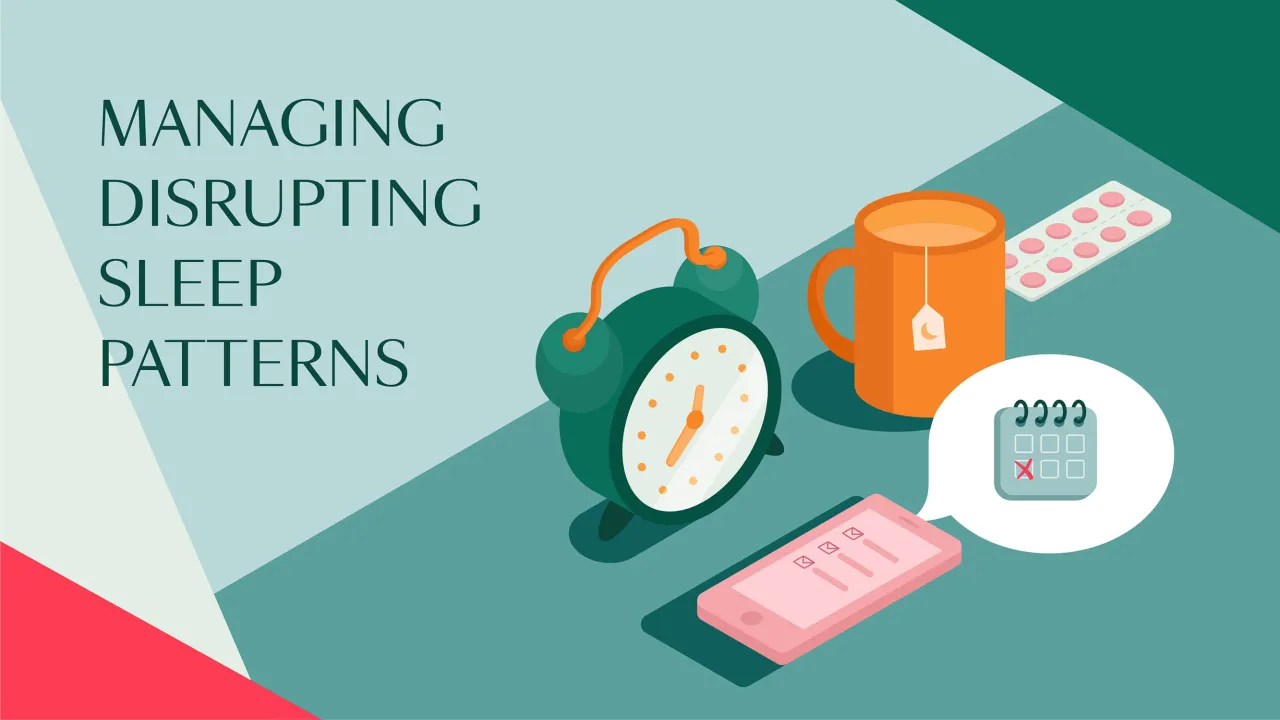Don’t… ‘sleep when you’re dead’
Skipping sleep entirely is an expedient way to do just that. While the world record for staying awake is, allegedly, 11 days and 25 minutes, impairments to physical wellness and mental health kick in from the first missed hour of sleep.
Men’s Health reports these range from feeling groggy, to crankiness, attention lapses, stress, memory loss, cravings, hallucinations, and over prolonged periods, an increased risk of diabetes.
Work a daytime schedule
When Ben Wilson launched tap cocktail bar The Honey Moon in 2023, his small team could ill-afford to, well, get ill. That’s why each staff spends one week per month on a daytime schedule in their downstairs lab. “Your nights are off, you’re able to regulate your sleep schedule better,” he explains in a @BarWorldofTomorrow Instagram video.
Or stop working nights entirely
Lipstick bar-owner Sam Wassermann largely stopped working nights once he started parenting. “I make sure it's always me that puts him to bed even if I need to go back to work after and I’m always there for the after-school and dinnertime,” he says. Whether a bar floor manager or hotel manager, working after dark is usually part of the deal, but it might pay to ask, especially if it’s only for a short period.
Go to bed early (when you can)
Alex Kratena works Monday to Saturday at his famed London bar Tayer + Elementary while overseeing an endless array of side projects and big-name collaborations, from RTD cocktails to merchandise and even a pop-up design studio.
Does he ever manage to sleep? “I don’t think I manage my sleep routine, but since I was very small I never needed much sleep,” the master mixologist sheepishly told SIP. He does share one tip, however: “If I have a completely mental week I just go to bed very early on Sunday.”
Learn from other night-time economy workers
Hospitality management studies and anecdata can only teach you so much. Seeking evidence-based tips to improve night-shifters’ slumber, wellbeing specialist Jamuna Jones scoured the training manuals medical professionals use.
Like a bank account, she says it’s possible to be in ‘sleep debt’. To pay it off, prioritise sleep, doze as long as possible, and block out light in the bedroom.
A less common solution? Wear blue-light-blocking glasses when en route home. The orange-coloured eyewear impedes blue wavelengths that tell your body it’s daytime, lulling you to sleep, not to mention making you look like a total rockstar. Maybe Bon Jovi was on to something.








